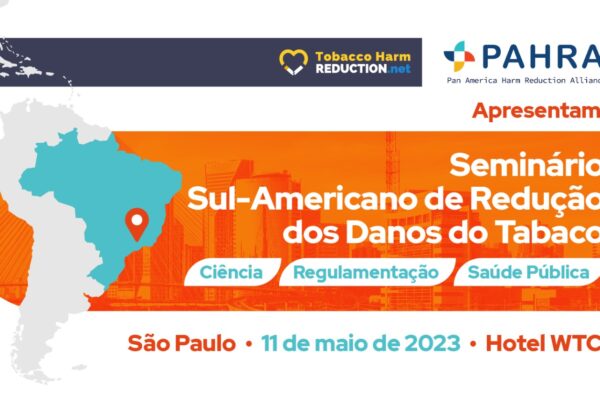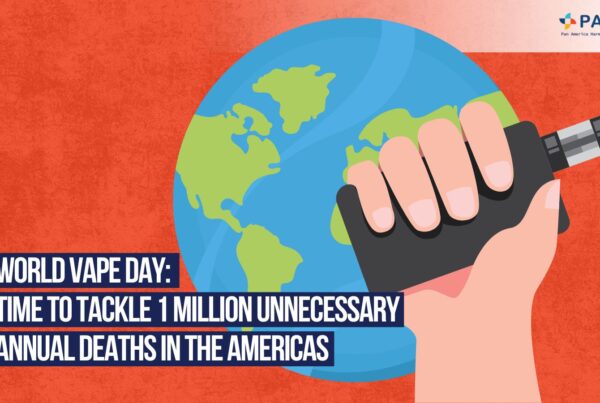24 July 2023 – An amicus brief was filed with the Supreme Court Of The United States (SCOTUS) on behalf of members of the electronic nicotine delivery systems (ENDS) industry in support of petitioners in Loper Bright Enterprises v Raimondo on the question of whether to overturn or limit Chevron deference
What is Chevron Deference?
Chevron deference is applicable in the interpretation of statutes (laws). It is based on the belief that expert agencies are better suited than federal judges to make policy choices that Congress left open. SCOTUS articulated a two-part test for applying the Chevron deference:
- They examine the wording and context of the statute in question to see whether Congress’s intent is clear. If it is, the agency must follow the letter of the law.
- If the statutory language is not clear – meaning it has two or more reasonable interpretations – the reviewing court must defer to the agency’s choice in how to interpret and carry out the law.

Why Overrule/Limit Chevron Deference?
Chevron deference allows agencies to reach beyond the limits of a statute’s plain language and makes it more difficult to challenge an agency’s action in court.
Were SCOTUS to overrule/limit Chevron’s deference, businesses, organisations, and individuals could more successfully challenge administrative actions in court.
How Has the Chevron Deference Affected the ENDS Industry?
ENDS products are subject to the US Food and Drug Administration (FDA). Most courts reviewing challenges to premarket application denials of ENDS products use the FDA’s interpretation of the Family Smoking Prevention and Tobacco Control Act (TCA) and the Appropriate Protection of the Public Health (APPH) standard.
The effect of this FDA interpretation has been a de facto ban on non-tobacco flavoured ENDS products.
Although the plain language of the TCA requires the FDA to review each premarket tobacco product application (PMTA) individually and balance numerous factors in deciding whether a particular product is APPH, their application of Chevron deference has resulted in marketing denial orders (MDOs) of more than a million non-tobacco flavoured products, venturing far beyond the TCA’s plain language and goals (one of which is to promote the development and marketing of lower-risk tobacco products).
Where To From Here?
SCOTUS limited the case to the question of whether Chevron doctrine should be limited or overruled. Oral arguments will be scheduled for the 2023 Fall term.
Read more about advocacy and get involved with the cause to help save lives in tobacco harm reduction.
Keen to stop smoking? Improve your quality of life.
Tags
Popular Posts
Quick Links
Related Posts
 Paradigm Shift Needed In Pan America’s Approach to End Smoking
Paradigm Shift Needed In Pan America’s Approach to End Smoking
Paradigm Shift Needed In Pan America’s Approach to End Smoking
 Tobacco Harm Reduction Seminar in Brazil
Tobacco Harm Reduction Seminar in Brazil
Tobacco Harm Reduction Seminar in Brazil
 Systematic Review of Vaping Flavours | Dr. Konstantinos Farsalinos
Systematic Review of Vaping Flavours | Dr. Konstantinos Farsalinos





